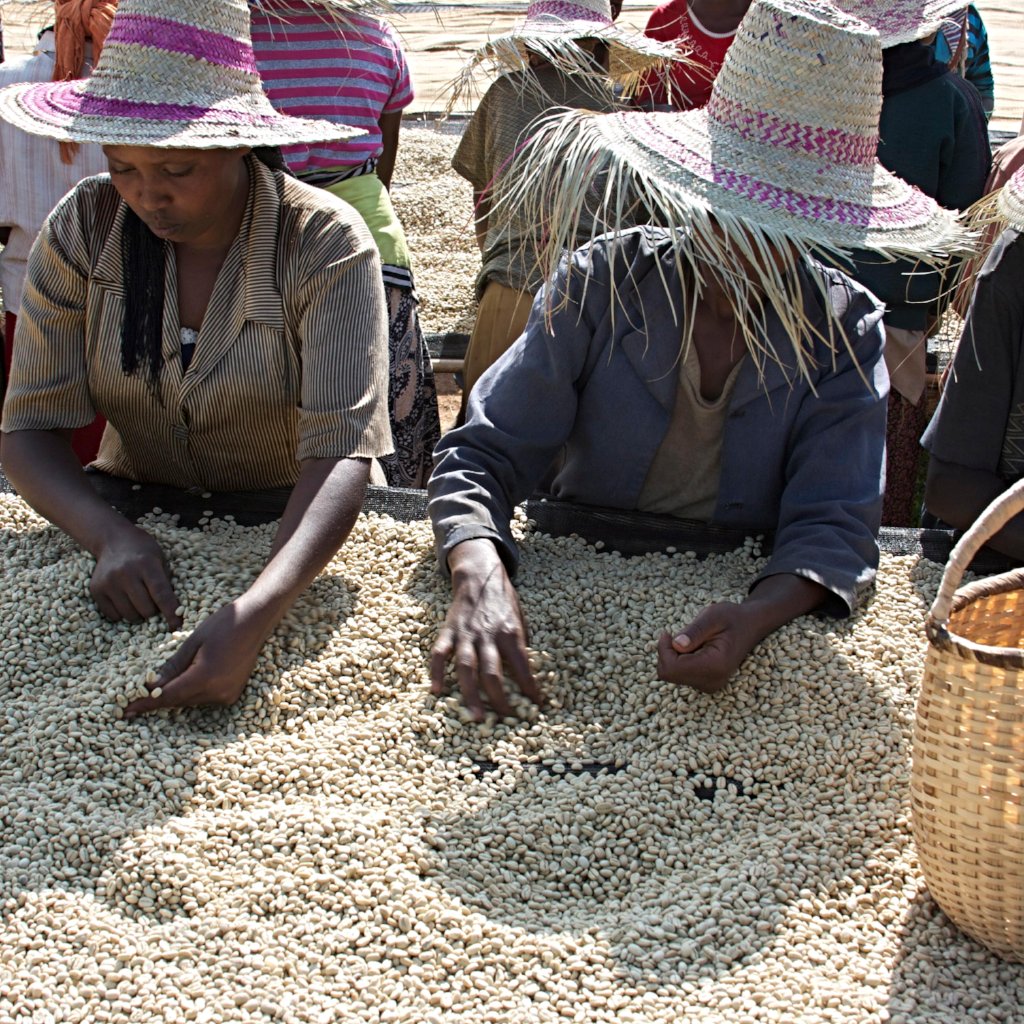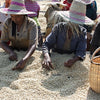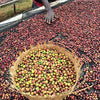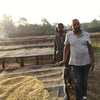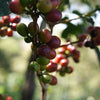Your cart is currently empty!
Ethiopia
Alemayehu Yirdaw Natural Lot #11, Yirgacheffe
€10.00
Ethiopia Filter Espresso & Moka Pot
Alemayehu Yirdaw Natural Lot #11, Yirgacheffe
An outstanding microlot with remarkable spicy and citrus notes, full of complexity and sweetness Roasts on , ships on
Summary
A microlot coming from a private washing station in the Yirgacheffe region with the classic taste of those Ethiopians worked according to a natural process: great structure and complexity.
The details
The origin
The coffee comes from kebele (an Ethiopian administrative subdivision) named Sede, 20km south of the city of Yirgacheffe, in the homonymous region of Ethiopia.
The producer
This fantastic microlot, which we are proud to share with you, was processed by a private washing station owned by Alemayehu Yirdaw, which also owns its own cultivation from which most of the cherries come from. Other cherries come from small producers of the surrounding area, located at about 1900masl. Each farmer manages plantations of 2 hectares or less. The grown varietal is the Ethiopian Heirloom.
Until a few years ago, cultivations of this size did not exist because they were prohibited from selling their products directly but had to rely on cooperatives instead. This legislative limitation has recently been removed and now any farm of at least 50 hectares is allowed to export their coffee directly. Such decision has encouraged a strong drive towards the improvement of production processes and, therefore, of the quality obtained.
the process
The harvested cherries, picked exclusively by hand, are separated into micro lots based on the picking day. Each lot consists of about 85 bags of green coffee and is classified as Grade 1 (specialty grade).
The processing process followed is natural (unwashed).
The cherries are placed on raised drying tables and manually selected to remove any too much too little ripe fruit. The drying process takes place in two stages. In the first phase, when the residual moisture is reduced to about 25%, the cherries are arranged in very thin layers and often turned around to control the fermentation process.
When a 25% moisture is reached, a stage commonly called raisin because the cherry is wrinkled like a raisin, the thickness of the layer is increased. Cherries are continuously moved during the day, and they are left to rest at night.
The temperature during the day is relatively low, and the cherries are exposed for about 8 hours in the sun for a period ranging from 13 to 20 days, depending on the temperature. The cherries are covered during the central hours of the day to avoid unwanted fermentation.
Finally, the skin and pulp, now dried, are removed mechanically, as well as the parchment. The coffee beans are then packaged in GrainPro bags, in which they have reached our laboratory.
In the cup
This lot stands out for its spicy and citrus notes, as well as for its remarkable sweetness and structure. The notes are of lime, grapefruit, passion fruit, ripe grapes. With profiles dedicated to each extraction, it is excellent as filter or espresso.
| Origin |
|---|
| Ethiopia |
| Region |
| Yirgacheffe, Sede woreda |
| Washing Station |
| Sede - Alemayehu Yirdaw |
| Elevation |
| 1900 masl |
| Varietals |
| Ethiopian Heirloom |
| Processing method |
| Natural (unwashed) |
| Roast |
|
Two profiles available: Medium, for espresso & moka pot Light, for filter |
| Tasting Notes |
| Lime, grapefruit, passion fruit, ripe grapes |



